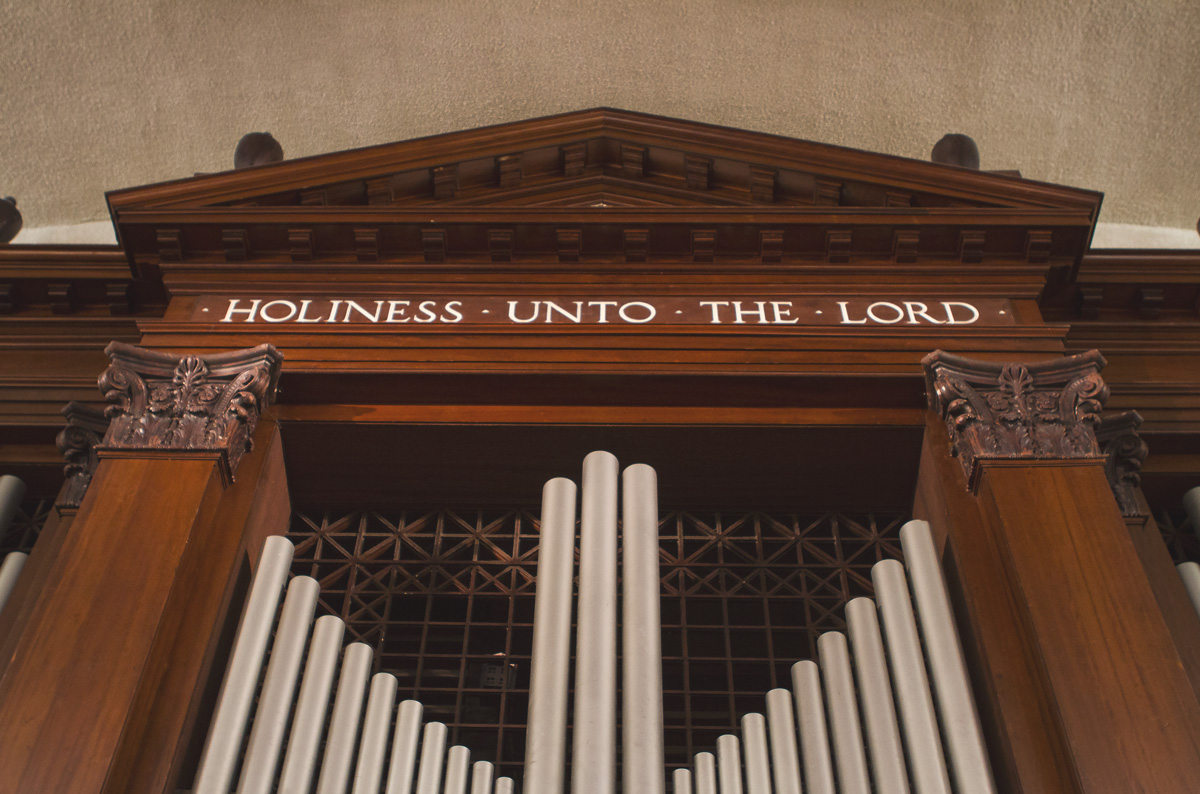By Katie Ellington, News Editor
A survey administered by the Asbury Collegian found that student respondents are generally pleased with chapel worship music. Nevertheless, many students wish there was more variety in song choices and musical styles.
Eighty percent of respondents said that they are “generally pleased” with chapel worship, compared to 61 percent who said that they were pleased with the variety of chapel worship. Multiple students suggested integrating different musical genres such as bluegrass, southern gospel, contemporary hymns, hip hop and CCM from the 1990s and early 2000s.
“By only worshipping God through one form of worship we confine Him,” said sophomore Mia Wiersema. “The more types of worship we embrace the fuller picture of God we get. Yes, He is the solemn God from our hymns, and yes He is a good, good Father, but He is also a personal God. He is our King, our creator friend, our friend, our Lord. He loves when we rap for Him, dance for Him, scream for Him, laugh for Him. So long as what we do is for Him.”
According to Jon Roller, the program coordinator and a professor for the Worship Arts department, chapel music is arranged so that one-third of the worship is traditional music and two-thirds of the music is contemporary. Roller says this ratio was established in 2004 under the leadership of President Rader.
While the chaplain’s office is ultimately responsible for all chapel material, Roller is in charge of approving and coordinating all contemporary music, while the music department’s Dr. Mark Schell handles the traditional music.
“We meet as a chapel team (Greg Haseloff, Jeannie Banter, Haley Locke and myself) before the beginning of the semester and talk through each chapel to try to determine what kind of style would be most appropriate for a given chapel, mostly according to who the speaker is.”
Roller then meets with student worship leaders, who try to select songs that will match the themes of each message, asking speakers to provide a title, theme and key words if possible.
Most of the contemporary music sung in chapel is performed by one of four chapel bands. Each band prepares ten songs a semester. Roller encourages his bands to include a minimum of two songs that are either “arrangements of hymns or have strong hymn content.” He also asks the bands to include a minimum of one original song written by someone in the Asbury community.
“We want to be a living community that is constantly writing “a new song,”” Roller said in an email. “Further, we try to maintain a balance of news songs and songs already known by the community. We try to never do more than one new song in a set and then we try to repeat the new song until it’s not new anymore.”
Although Schell is now in charge of bringing the music of past generations to chapel services, he was an early advocate for allowing contemporary music its place in chapel worship as both a student and faculty member. (Chapel music was one of his responsibilities when he began his tenure at Asbury in 1990 and remained so until the early 2000s.) While the organ was still the primary instrument used in chapel through the 1990s, Schell made efforts to incorporate the use of a variety of instruments and include praise choruses from the 1960s and beyond. Nevertheless, he adamantly believes that each generation’s musical contribution is important and that today’s church should not lose touch with the music of the past.
“I think it’s important that every generation be able to add to the church’s body of song. There would be no reason not to allow this generation to do so,” Schell said. “However I would not support it at the expense of replacing the historic songs of the church.”
Issues of the Collegian from the 2000s and 2010s frequently reference an underlying tension between proponents of different worship styles. An article from the Collegian’s April 28, 2005 issue states that the contemporary versus traditional debate produced lots of tension in the church during the early 1990s. Although there are still a few students who vehemently defend one style over the other, most of the 158 students surveyed say that they enjoy a variety of contemporary music and hymns.
“They are different styles, but they both proclaim the truth of who God is, who we are, and how we are loved,” said senior Fairynne Rogers.
Many survey respondents expressed the desire from greater variety in song choices and themes.
“I would like to see a bigger variety in the song selection,” said sophomore Madison Farrar. “They have been better about the variety of songs this year…but I would like to dip into more unknown songs.”
“In contemporary chapel services, I would like to see the increased use of worship songs that place an emphasis on the overwhelming greatness of God rather than our own personal experience of Him,” said junior Levi Simonton. “It seems that there is more room for songs that promote deep theology and grounded knowledge of our Lord and Savior.”
Sophomore Lannea Fish agreed, saying “I view worship as adoring God for who he is and what he’s done, and so much of our songs don’t reflect that. They’re not wrong or bad, but they don’t always focus on God in the way they should.”
Lastly, a few students wished for greater freedom of expression in chapel, whether that means more room to move, more altar calls or including non-musical worship.
“The music in chapel is wonderful, and I really appreciate the variety of music styles,” said freshman Ramey Turner. “I would love to see different forms of worship—poetry, dance, art…Music is obviously worship, but worship is not JUST music.”


